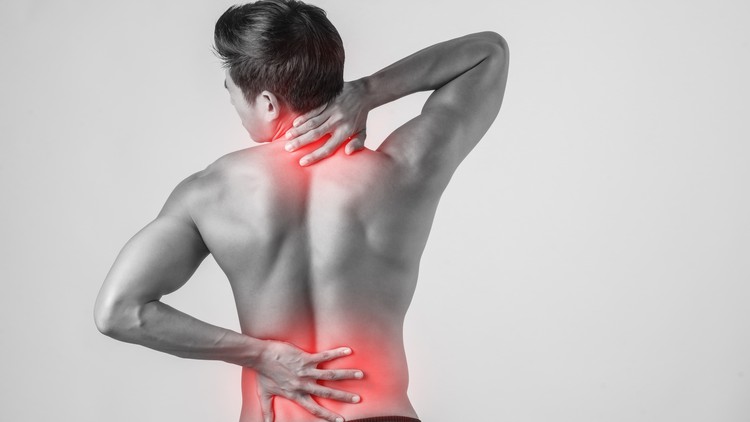
What you will learn
Enjoying Privacy
Foucing on your Fitness
You can do exercise when you are at office
You can do exercise when you are watching tv
You can do exercise when you are cooking
Makes exercise more fun
Reduces your risk of some cancers
Strengthens your bones and muscles
Improves your mental health and mood
Helps you control your weight
Reduces your risk of heart diseases
Helps you quit smoking
Description
Welcome to Episode 1
In this Episode, you will learn that physical activity is vital to managing pain. Your muscles and joints need to move and stretch daily and your heart and lungs need exercise to keep them functioning well. You will learn some ideas about how to get started, how to set some realistic goals, and how to manage on the days when your pain is bad
Chronic pain is defined as pain lasting beyond normal tissue healing time, generally taken to be 12 weeks. It contributes to disability, anxiety, depression, sleep disturbances, poor quality of life, and healthcare costs. Chronic pain has a weighted mean prevalence in adults of 20%.
For many years, the treatment choice for chronic pain included recommendations for rest and inactivity. However, exercise may have specific benefits in reducing the severity of chronic pain, as well as more general benefits associated with improved overall physical and mental health, and physical functioning.
Physical activity and exercise programmes are increasingly being promoted and offered in various healthcare systems, and for a variety of chronic pain conditions. It is therefore important at this stage to establish the efficacy and safety of these programmes, and furthermore to address the critical factors that determine their success or failure
Content